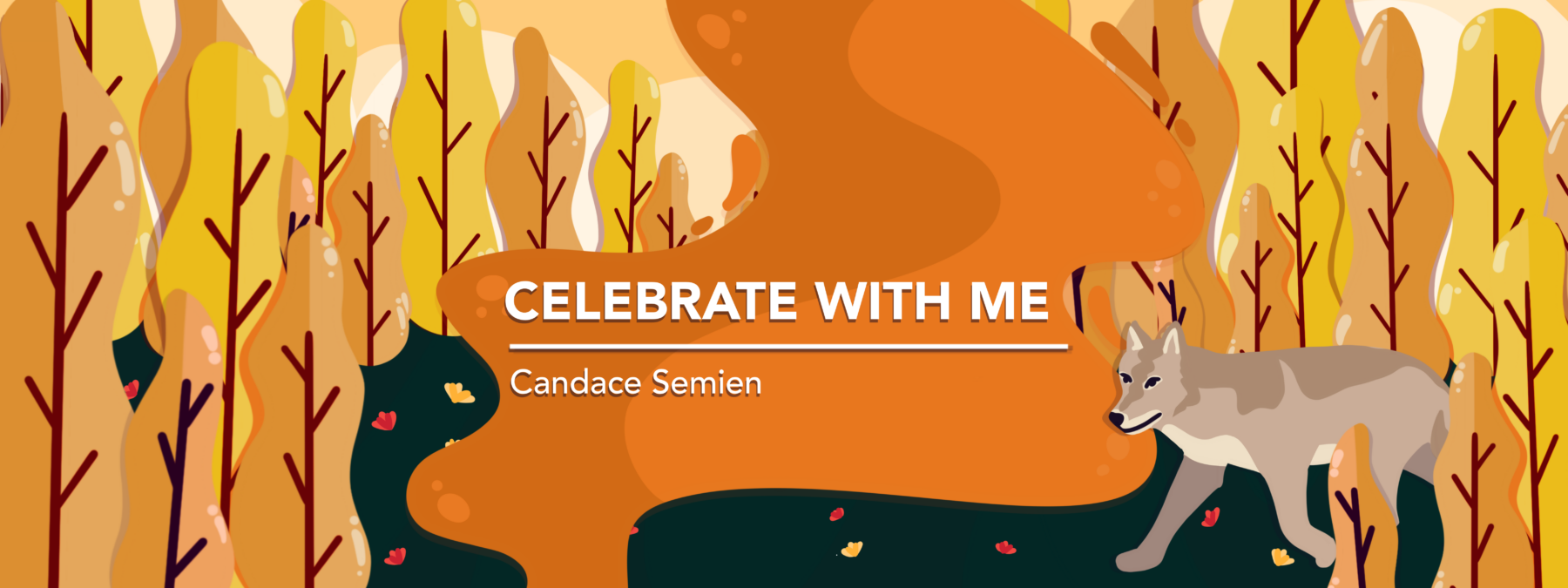What happens when celebrities talk about living with chronic illness?
Openness shines a brighter light on what we patients experience every day
Written by |

Every day, and every minute of every day, systemic lupus erythematosus makes you sick. I get it.
It’s not the reality that anyone plans for. It’s not some punishment for a supposed sin. Nor does it happen because we’ve intentionally exposed ourselves to toxins or malnourishment.
Lupus. Sjögren’s syndrome. Fibromyalgia. Rare autoimmune diseases. They aren’t part of any big life journey or great life purpose that anyone prepares for or hopes to experience. They’re life-altering and life-threatening.
Every day.
On one level or another, we find ourselves somewhere between functioning with pain and malaise to being hospitalized with stiff and swollen limbs and crushing pain. It doesn’t matter if we’ve rested for hours or spent the day working, because these diseases are chronic.
Finding validation
Lupus News Today columnists and other writers share much of this insight weekly. Yet for those who don’t live with autoimmune conditions, where the body attacks healthy organs (as it does with lupus) or mucus membranes (as with Sjögren’s), this concept is difficult to grasp. So when other people, especially celebrities, put their faces to incurable and rare diseases, it’s a wink to the regular people in the community.
By sharing their experiences, celebrities provide social validation for others who are managing their lives within the same confines of the same condition. It gives us a “see me” moment that gives our family, friends, employers, and others someone else to relate our struggles and victories to. The celebrity connection makes rare diseases visible.
For me, that moment came in 2011, when tennis superstar Venus Williams announced she wouldn’t play in the U.S. Open because of a surprise diagnosis of Sjögren’s syndrome. The Shreveport Sun published a detailed article at the time featuring a photograph of Williams in action. I recall three words of the headline: “Venus,” “Out,” and “Sjögren’s.”
In the article, Williams, then 31, said that for several years, her entire body was affected by joint pain and swelling, loss of feeling in her hands and feet (neuropathy), extreme fatigue, and dry eyes and mouth. These are classic symptoms of Sjögren’s, a chronic autoimmune disorder that primarily affects the body’s exocrine glands. The Sjögren’s Foundation estimates that up to 4 million Americans could have the disorder.
During an interview with “Good Morning America” the same year, Williams said that the day before leaving the tournament, she was having a “tough practice,” and it was taking effort to lift her arm. She said she “had to come to accept” what she was going through. Solemnly, Sjögren’s was causing symptoms that diminished her ability to play the game she’d spent her entire life mastering.
In that moment, I recognized the magnitude of the disease I’d been struggling with for six years. (I was diagnosed with Sjögren’s in 2006, and it was causing me to suffer at work and as a parent to toddlers.) I felt that Williams’ diagnosis and her decision to stop playing tennis were solidly connected to me.
Her testament was melancholic, but hopeful and validating. It lit an internal light bulb that I needed for others to realize what my life was like. I can’t think of another way for them to have had such a full awareness. It made us all ask, “If Sjögren’s pain could take Venus out of the game in her 30s, what was it stopping others from doing?”
I had another such light-bulb moment last weekend, when 38-year-old singer-songwriter Solange Knowles shared that she’d been diagnosed in 2018 with three chronic illnesses: postural orthostatic tachycardia syndrome, mast cell activation syndrome, and Sjögren’s syndrome. The announcement was part of an Instagram post in which she offered caring support to model and singer Shaun Ross.
Knowles’ post was a socially validating nod to both Ross and the broader community of people with these diseases. It was especially significant because she hadn’t publicly named the illnesses she’d been experiencing while producing her fourth studio album, “When I Get Home,” in 2019. Before, she said, she’d only reported that she “was quite literally fighting for my life … in and out of hospitals … with depleting health and broken spirits asking God to send me a sign I would not only survive, but that if he let me make it out alive, I would step into the light whatever that meant.”
Her post to Ross is one of those powerfully human gestures that we must surround ourselves with to survive the suffering that these aggressive conditions cause.
With their honesty, Williams and Knowles released light from the crevices of our suffering, when our own words don’t seem to adequately explain what we’re living through. Their victories as people living with disease give us another reason to persevere and celebrate our survival.
Won’t you celebrate with me?
Note: Lupus News Today is strictly a news and information website about the disease. It does not provide medical advice, diagnosis, or treatment. This content is not intended to be a substitute for professional medical advice, diagnosis, or treatment. Always seek the advice of your physician or other qualified health provider with any questions you may have regarding a medical condition. Never disregard professional medical advice or delay in seeking it because of something you have read on this website. The opinions expressed in this column are not those of Lupus News Today or its parent company, Bionews, and are intended to spark discussion about issues pertaining to lupus.







Nancy Leaman
Hi Candace, I love your work. As I lie here with another setback on my chronic illness journey, I can’t help but wonder why it takes glittering, famous, uber-talented people getting an autoimmune disease to make it worthwhile of concern to healthy people. I’m a regular person with a mundane life - I had aspirations but Lupus had other plans. I don’t have pretty privilege or thin privilege so I hide my image. I feel so called to do *something* for us, but every time I try, my health takes another nosedive. I guess I’m just venting, and I hope that is ok. I only want us all to *matter* no matter how poor, old, unattractive, boring, fat, or reclusive (by choice or not) we are. Take good care, Nancy
Jacqueline Jackson
My name is Jacque Jackson and I am a Lupus Survivor. I've been living with this horrible, painful, crippling and chronic disease since I was 10 years old. But back then the doctors didn't have a diagnosis let a lone a name for it instead they try to convince me that I was making it up, that I was looking for attention and there's was nothing wrong with me. They couldn't explain why I was so tired all of the time. Why my hair was falling out. Why my skin would burn out in the sun. Why my eyes hurt, itch and burn all of the time. When I became an adult my babies would die inside my womb the doctors still didn't have a medical reason why it kept happening. I was well into my 40s when I met a doctor who I now call my "Medical Angel From God". She listened to me and said to me "it's not in my head". I could barely walk. My hands were completely contracted and were gray. I was in excruciating pain. She gave me a complete physical and had every type of blood test that exist. And she found the Lupus, Raynaud's, sjogrens, osteoarthritis, rheumatoid, and all of the other issues that were caused by Lupus. It's so hard living with a disease that's invisible to the naked eye but cause havoc to the body and mind. Having to explain to those people who say "you don't look sick". So, how am I suppose to look like? So I want to thank Venus and Solange and Toni and all of the people who are in the limelight for allowing us into your personal lives. It shines a BRIGHT LIGHT on this disease/ disorder that people like me and my Lupie sistahs (and brothas) are not able to do.
Peace &Blessings
Jacque